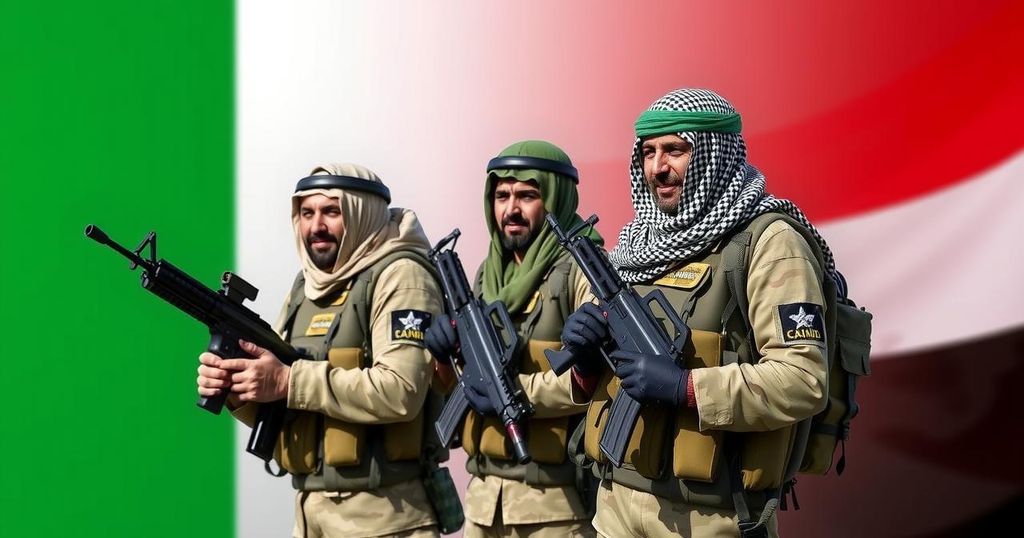According to U.N. experts, Iran’s assistance has significantly strengthened Yemen’s Houthi rebels, transforming them into a powerful military force. The Houthis have engaged in naval aggression in the Red Sea and Gulf of Aden, targeting various vessels indiscriminately. Their numbers have surged to approximately 350,000 fighters, supported by advanced weaponry supplied by foreign allies, amid severe escalations in the ongoing civil war in Yemen.
The United Nations has reported that the Houthis in Yemen have significantly transformed from a localized armed group into a formidable military entity, largely due to increased support from Iran, along with backing from Hezbollah and various Iraqi militia groups. This transformation is further substantiated by their activities in the ongoing conflict, which they have exploited to position themselves prominently within Iran’s so-called “Axis of Resistance.” In the context of the ongoing Israel-Hamas conflict, the Houthis have engaged in hostilities against maritime vessels in the Red Sea and the Gulf of Aden, with the aim of supporting Iranian-allied Hamas militants. The attacks, which have targeted an array of vessels indiscriminately—rather than solely Israeli-linked ones—amounted to at least 134 incidents between November 2023 and July 2024, marking a troubling escalation of naval warfare akin to some of the most significant conflicts seen since World War II. U.N. experts identified that the Houthis utilized advanced weaponry, including a newly revealed ballistic missile, the Hatem-2, in their maritime assault operations. This report indicates a troubling alliance between the Houthis, al-Qaida entities, and heightened coordination with groups like al-Shabab in Somalia. As of now, the estimated strength of the Houthi fighters has surged to around 350,000, up from 220,000 in 2022, demonstrating their growing military capabilities largely facilitated by the Iranian Revolutionary Guard and other allied foreign forces. The Houthis have increasingly intensified their internal military operations against the Yemeni government, leading to a fragile security situation that remains vulnerable to escalations, both internally and externally. Their recruitment tactics have alarmingly included enlisting minors, with reports indicating children as young as ten being subjected to military training and conscription, often contrary to their parents’ wishes. The conflict continues to evolve, increasingly embodying a severe international crisis, overshadowed by child exploitation and the weaponization of the humanitarian situation in Yemen.
The situation in Yemen has evolved significantly since the Houthis took control of the capital, Sanaa, in 2014. The initial conflict began due to internal political struggles but has since spiraled into a broader regional confrontation, drawing in various international actors. Iran’s backing of the Houthis has intensified their capabilities and assertiveness in the region, posing substantial threats to maritime security and stability in one of the world’s strategic waterways. The ongoing conflict is further complicated by the involvement of external parties and the potential for increased hostilities following events such as the October 2023 attacks in Israel, which ignited broader regional tensions.
The U.N. report underscores the transformation of the Houthi militant group into a significant military force, bolstered by Iranian support and their strategic alignment with other militant groups across the region. The implications of their enhanced operational capabilities extend beyond Yemen, threatening maritime security and complicating an already dire humanitarian situation. The alarming recruitment of child soldiers further exacerbates the conflict, highlighting the urgent need for international attention and action to address both the humanitarian crisis and the military escalation in Yemen.
Original Source: apnews.com






